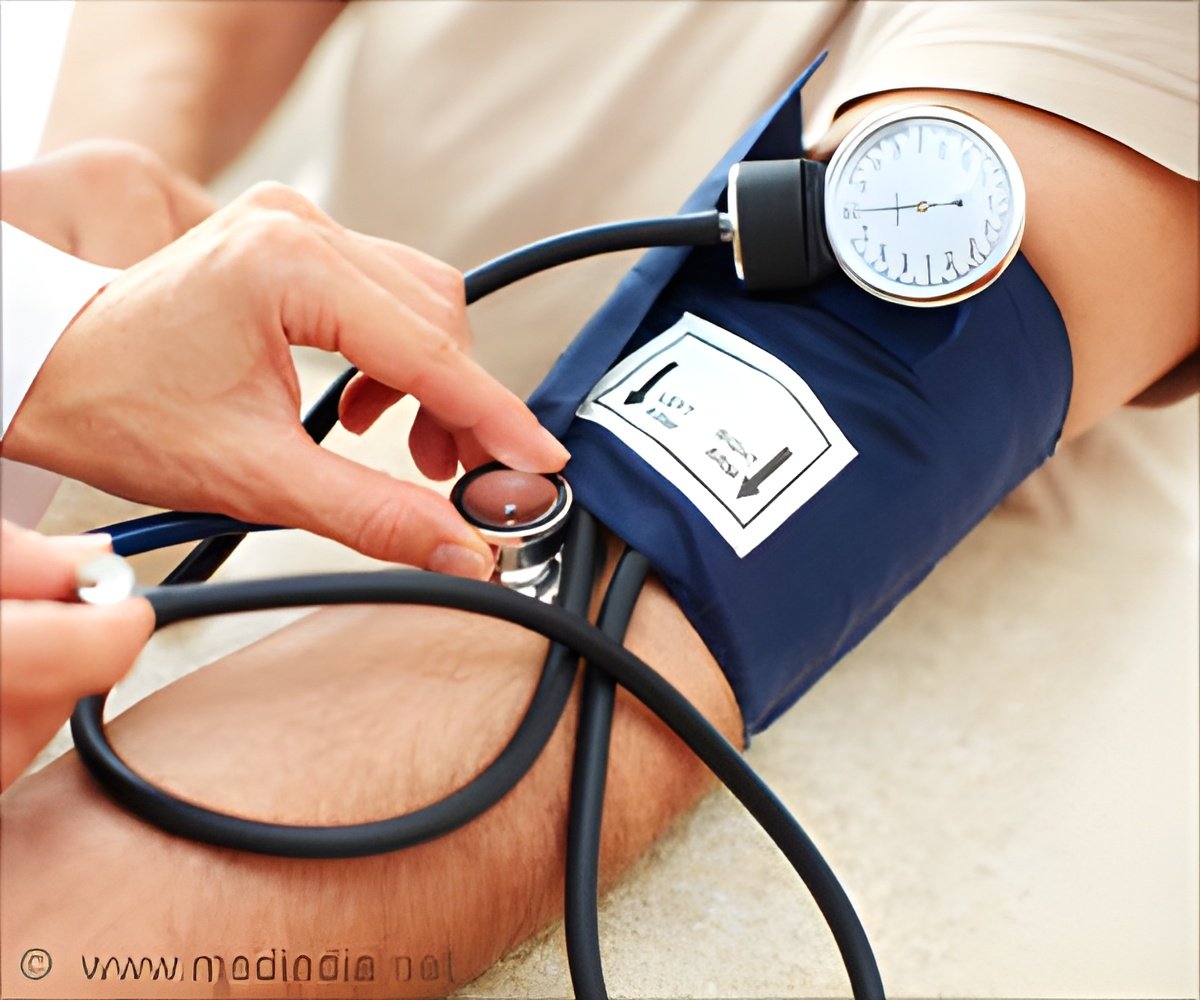A new research says that people who keep fit have lesser chance of developing hypertension.

Researchers measured the physical fitness of participants by calculating how much energy they burned in metabolic equivalents (METs). MET is an estimate of the amount of oxygen the body uses per kilogram of body weight per minute. One MET is the amount of energy expended at rest; anything above that represents a level of exertion. High-intensity workouts translate to more METs.
At the beginning of the study, 35,175 participants had a history of high blood pressure.
The findings of the study include: Those whose maximal exercise output was less than six METs had 70 percent or more chances of having high blood pressure at baseline compared to less than 50 percent for those with METs of greater than or equal to 12.
Those who reached 12 METs or more during the stress test had a 20 percent lower risk of developing hypertension compared to those reaching less than 6 METs.
Of the 8,053 new cases of hypertension diagnosed during the study, 49 percent were in the lower fitness (less than six METs) group and 21 percent were in the higher fitness group (more than 12 METs).
Advertisement
Further study is needed to determine how increasing and decreasing fitness levels impact hypertension risk over time, said Al-Mallah, who is also an associate professor of medicine at Wayne State University and head of cardiac imaging at King Abdulaziz Cardiac Center in Saudi Arabia.
Advertisement
Source-Medindia

![Pulmonary Arterial Hypertension [PAH] - Symptoms & Signs - Causes - Diagnosis - Treatment Pulmonary Arterial Hypertension [PAH] - Symptoms & Signs - Causes - Diagnosis - Treatment](https://images.medindia.net/patientinfo/120_100/pulmonary-arterial-hypertension-pah.jpg)













